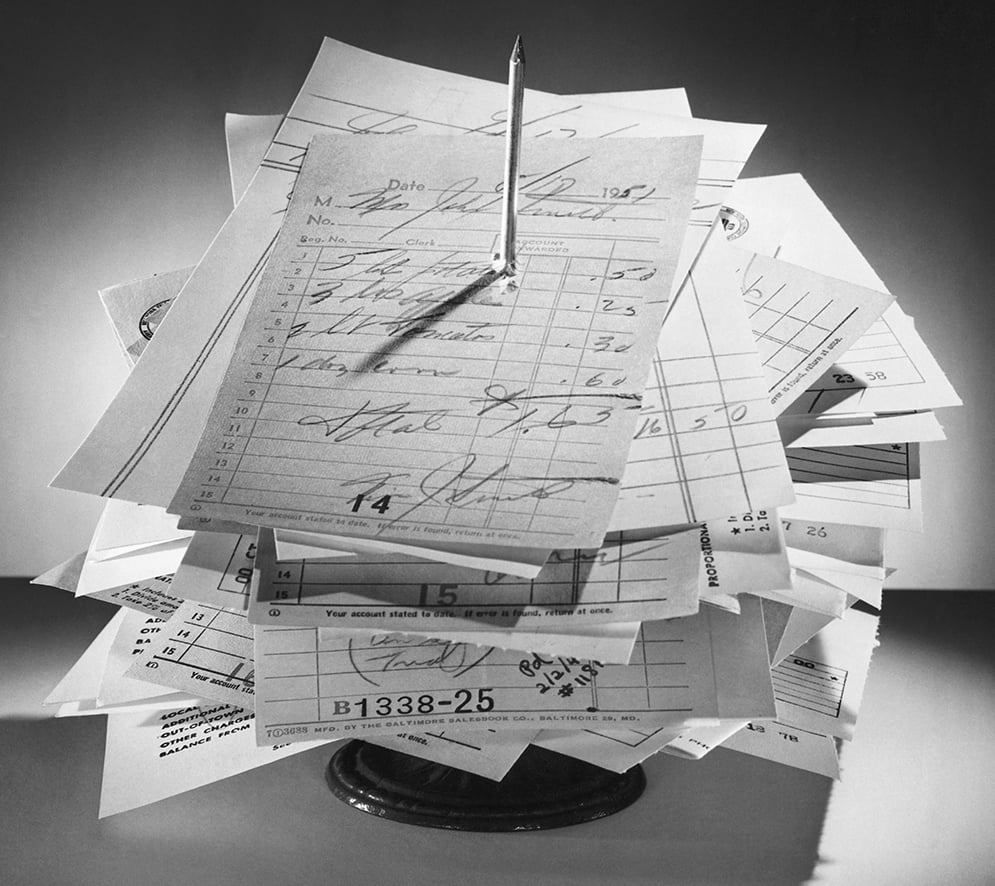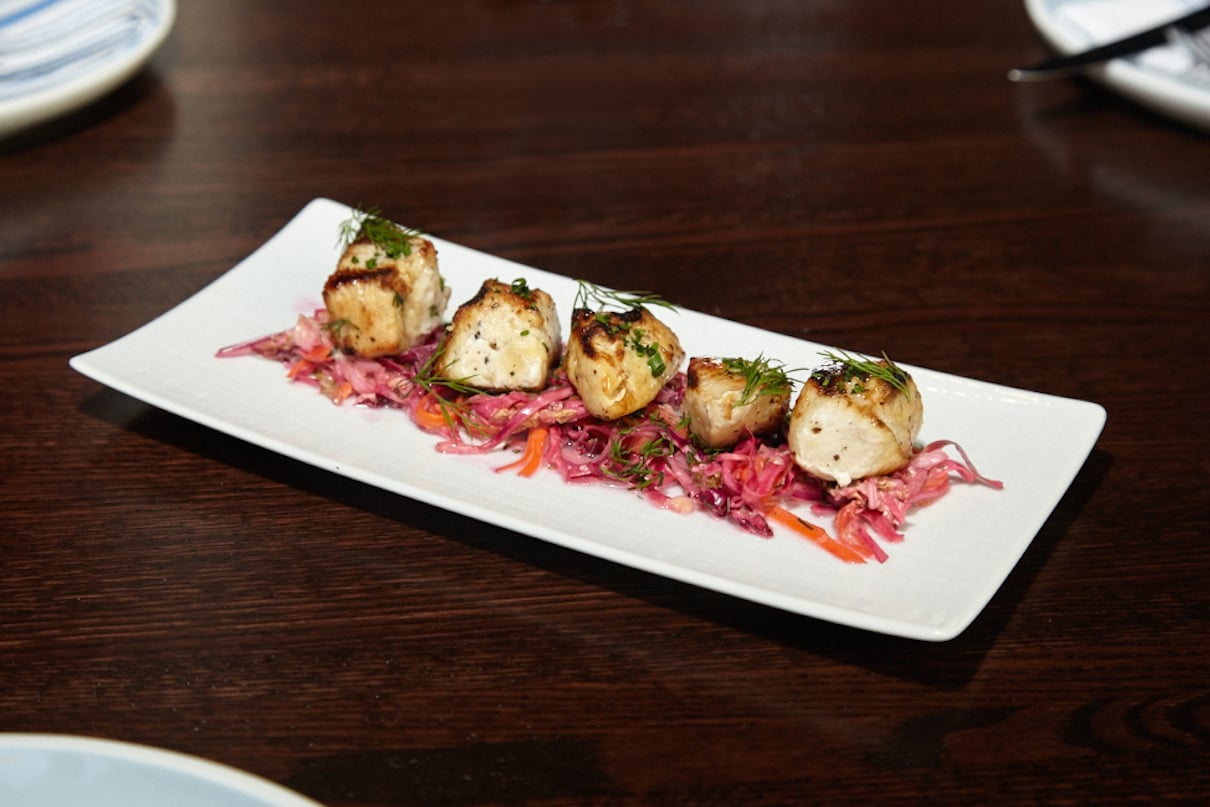Passover brings to the table all manner of traditional foods–not just bitter herbs and hard-boiled eggs but matzo-ball soup, gefilte fish, roast lamb, and, at my Seders, almond cake made without flour. But what about wine? For years Jews have been marking this annual feast with sweet concoctions closer in taste to cough syrup than Cabernet. That no longer has to be the case. Now it is possible to serve kosher or nonkosher Israeli wine that is not just appropriate but delicious.
The land of milk and honey may not seem like a natural for viticulture. Sandy soil, heat, and the lack of rainfall for more than two-thirds of the year leave much to be desired for growing grapes. None of those disadvantages disturbed Baron Edmond de Rothschild, head of the French branch of the banking family, who started the Israeli wine industry in the 1880s.
Although money was no object, the vineyards were not at first successful. A paternalistic approach by the French toward the Jewish laborers created animosity, and, in 1890, an outbreak of phylloxera destroyed most of the plantings. New vines were planted and French managers were replaced by newly trained locals. Then Israel's vineyards began–little by little– to mature like the Cabernet Sauvignons, Merlots, and Chardonnays they produce.
The vineyards established by Rothschild, at Rishon-le-Zion and at Zichron-Jacob in the Carmel Mountains, are still in production– the wines are under the Carmel label. The cooperative processes over half the grapes grown in Israel. Tishbi, another respected winery, is also located in the region.
Wines from Israel have become more sophisticated. Israel's capture of the Golan Heights in the 1967 war made it possible to establish vineyards in higher, cooler areas. Golan Heights Winery sells wines under the Yarden, Gamla, and Golan labels, Yarden being the premium brand.
Along with the two big producers, boutiques are putting out very respectable wines. Yair Margalit established one of the first boutique wineries in the country in 1989. Since then, he has been joined by Castel, Tzora, Barry Saslove, Kfira, and Alexander.
There's even a good Israeli brandy–Tishbi's Estate Brandy.
After all is said and done at a seder, including the part of the service that dictates the consumption of four glasses of wine, participants traditionally chant the phrase "Next year in Jerusalem." Meanwhile, a toast, "L'chaim," which means "to life," with Israeli wine brings the promised land closer to home.
Where to Find Them–and What to Serve With What
* Bell Wine Shoppe (1821 M St., NW; 202-223-4727) regularly stocks Golan and Yarden wines and also has a selection of French and Californian kosher wines.
* Calvert Woodley (4339 Connecticut Ave., NW; 202-966-4400) sells Yarden's Sauvignon Blanc ($11.99), Chardonnay ($14.99), Cabernet ($17.99), and Merlot ($17.99). The Merlot is popular and hard to come by because, according to salesman Pepe Almodovar, "it is as good as any California Merlot in the $15-to-$24 price range."
* Potomac Wines and Spirits (3100 M St., NW; 202-333-2848) specializes in Israeli wines. Stock is arriving daily as the store gets ready for Passover. Yarden, Gamla, Dalton, Barkan, Carmel, and Tishbi wines will be on the shelves, and the store is happy to make special order of wines not in stock.
IN VIRGINIA, arrowine (4508 LEE Hwy., Arlington; 703-525-0990) carries Yarden Chardonnay ($17.99) and Yarden Merlot and Cabernet Sauvignon ($23.99 each).
In Maryland, Potomac Wine and Liquor (100132 River Rd., Potomac; 301-983-4462) sells Yarden Sauvignon Blanc ($12.15) and Cabernet ($21.46). Montrose Wine & Liquor (12015 Rockville Pike, Rockville; 301-468-4489) sells Yarden White Riesling ($12.15), Merlot ($18.56), and Cabernet ($21.46) as well as Carmel White Zinfandel ($8.16) and Carmel Concorde ($8.16). Questions about the availability of Israeli wines in Montgomery County may be directed to the county liquor-retail office (240-777-1930).
There are kosher and nonkosher Israeli wines. Most of the kosher wines are non-mevushal. Wine that is mevushal has been "boiled," or pasteurized, to rabbinical standards. I asked Michael Quinn, an expert on Israeli wines, to make recommendations for my own nonkosher, very assimilated seder.
To go with the gefilte fish, he suggested something light and fruity–Yarden's Sauvignon Blanc ($12) or a Barkan Chardonnay ($12), which is a little drier. Tishbi, too, makes a nice Chardonnay ($15) that goes well with matzo-ball soup–the matzo balls rated annually by my family as "floaters" or "sinkers." With the lamb, Michael Quinn suggests Barkan's Merlot Reserve ($20), Yarden Merlot 1997 ($19), or, for something a little drier, a Cabernet Sauvignon by Barkan ($12) or Yarden ($22). To round out the seder, when I present my flourless almond cake, I thought I'd try Yarden's white Johannesburg Riesling ($15) followed by a little schnapps by Tishbi. The washing up can wait.














